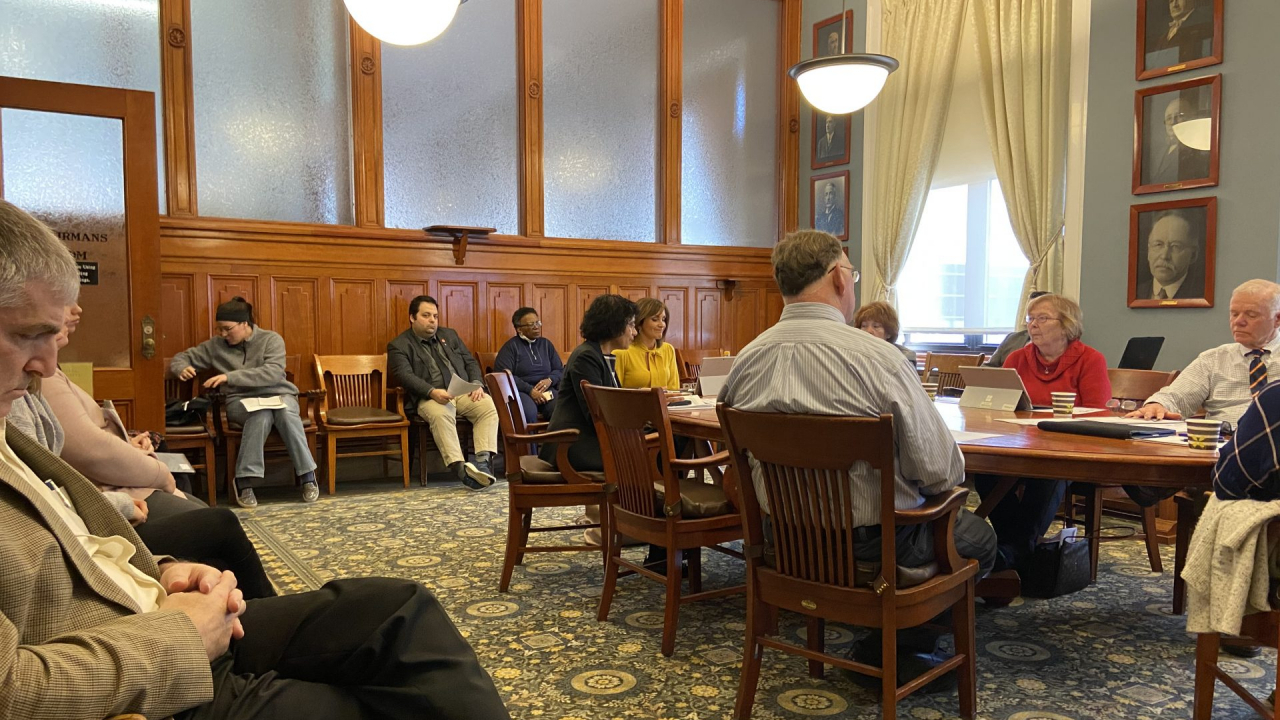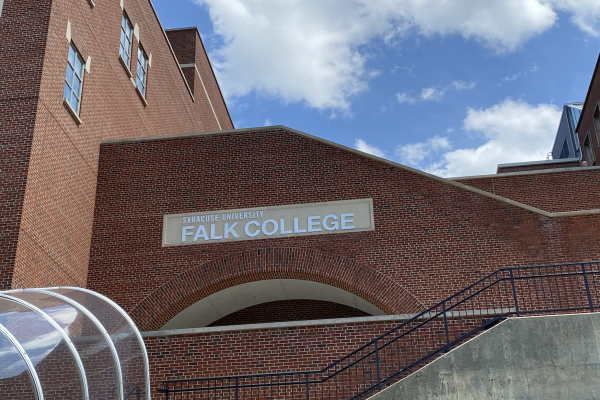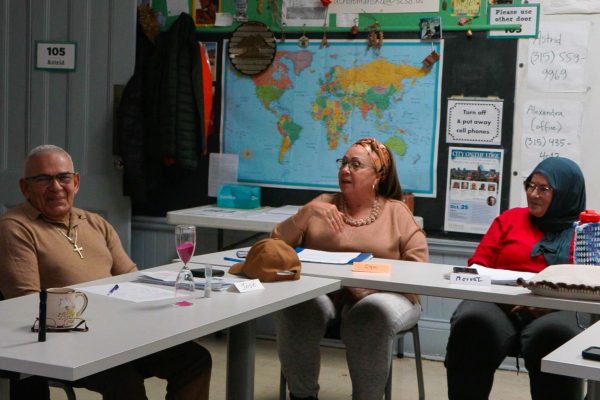
SYRACUSE, N.Y. – While cigarette smoking has decreased dramatically over the last couple years, e-cigarette use in New York State has increased by 160 percent from 2014-2018, according to Dr. Indu Gupta, Onondaga Country Public Health Commissioner. Led by County Legislator Julie Abbott-Kenan, who represents Skaneateles, several Onondaga County lawmakers met Wednesday morning to discuss the current state of electronic cigarettes and vaping. Abbott-Kenan invited Dr. Gupta to inform the lawmakers in attendance and about a dozen members of the public updated statistics on children indulging in electronic smoking.
“You’re going to have to ask them that,” Dr. Gupta said regarding whether new regulations and policies are in the foreseeable future for the county to help decrease the trend of young people vaping.
Still, the 29-year-medical veteran said today was an important discussion and one that should be continued. The youth especially continues to increase this trend, as 27 percent of high school students in New York State smoke electronic cigarettes. This is occurring at the same time as the decrease in combustible cigarette use, as 82 percent less high schoolers smoke since the beginning of the century. Dr. Gupta also explained that tobacco companies spend on average $25 million a day marketing their products, creating almost unavoidable exposure to these devices directed towards the youth.
“It’s like wildfire and I don’t think anybody knows that to do,” Abbott-Kenan said during the session, discussing how quickly vaping devices can spread.
The Public Commissioner brought along two Public Health Educators, who spearhead an initiative called Reality Check to help stop vaping in Onondaga communities. The program focuses on four initiatives:
- exposing tobacco marketing strategies
- creating awareness of smoke-free movies
- lobbying for including vaping regulations in established anti-smoking locations
- and creating smoke-free housing for the youth.
The initiative also focuses on eliminating vaping in the county’s schools.
“It’s important for the community to listen to them [schools] and support them with passing different laws and regulations,” said Mellissa Potter, one of the Health Department’s Public Educators.
Neither Dr. Gupta nor the public health educators present at the meeting had predictions for what lawmakers would do after learning about an hour’s worth of information. To conclude the meeting, Dr. Gupta urged the legislators to continue to ask her questions about the epidemic in the future.
“The concern still remains,” Dr. Gupta said. “There’s nothing in the world more important than health.”




